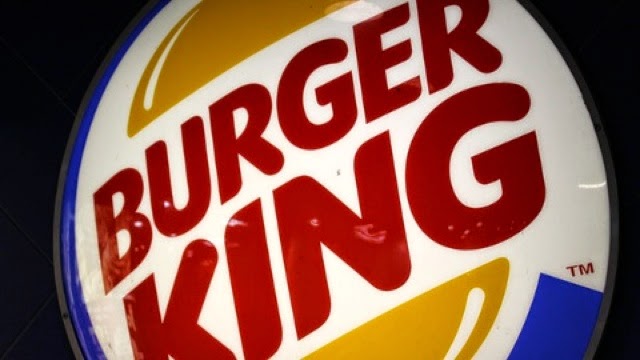Burger King buying Tim Hortons
Burger King announced that it has reached a deal to buy Canadian doughnut chain Tim Hortons and base itself in Canada, a controversial transaction that might cut its U.S. tax bill.
The deal could be the latest example of a U.S. company buying a foreign company in order to move its legal home to that of the company it is acquiring, thus allowing it to pay corporate taxes at a lower rate.
Burger King was quick to point out that Canada is where it will have the most outlets once the deal is complete. But Burger King's announcement does not mention any tax implications of its purchase of Tim Hortons.
At least one other company that bought a foreign rival, drugstore chain Walgreens, will continue to pay corporate taxes as a U.S. company despite its deal to buy European drug store chain Alliance Boots. Walgreens said it had considered shifting its tax home, but decided the move would not be approved by the Internal Revenue Service. It was also concerned about customer backlash.
But several other companies have decided to use mergers to shift their tax home outside of the United States, in a move known as an "inversion." Several lawmakers have proposed banning the practice and President Obama has denounced the tactic.
Medical device maker Medtronic has announced plans to buy rival Covidien, which is based in Ireland where the tax rate is 12.5%. Chicago drugmaker AbbVie announced a deal with the British company Shire that will slash its effective tax rate in half to 13%. And U.S. drugmaker Pfizer tried to buy British pharmaceutical maker AstraZeneca, but was rebuffed in that effort.
Burger King has arranged for $12.5 billion in financing to complete the deal, with $3 billion of that coming from Warren Buffett's Berkshire Hathaway. Berkshire is only providing financing and will have no management role in the combined company,
Wdiv Detroit






Comments
Post a Comment